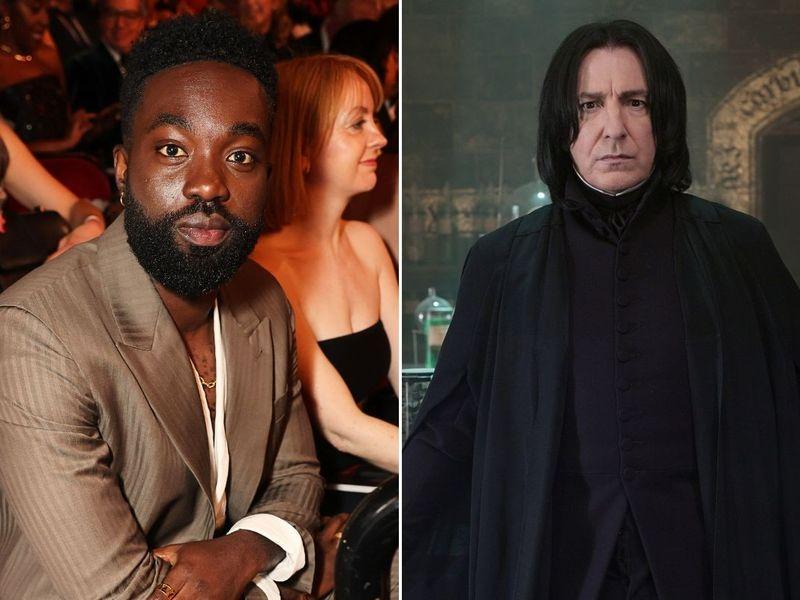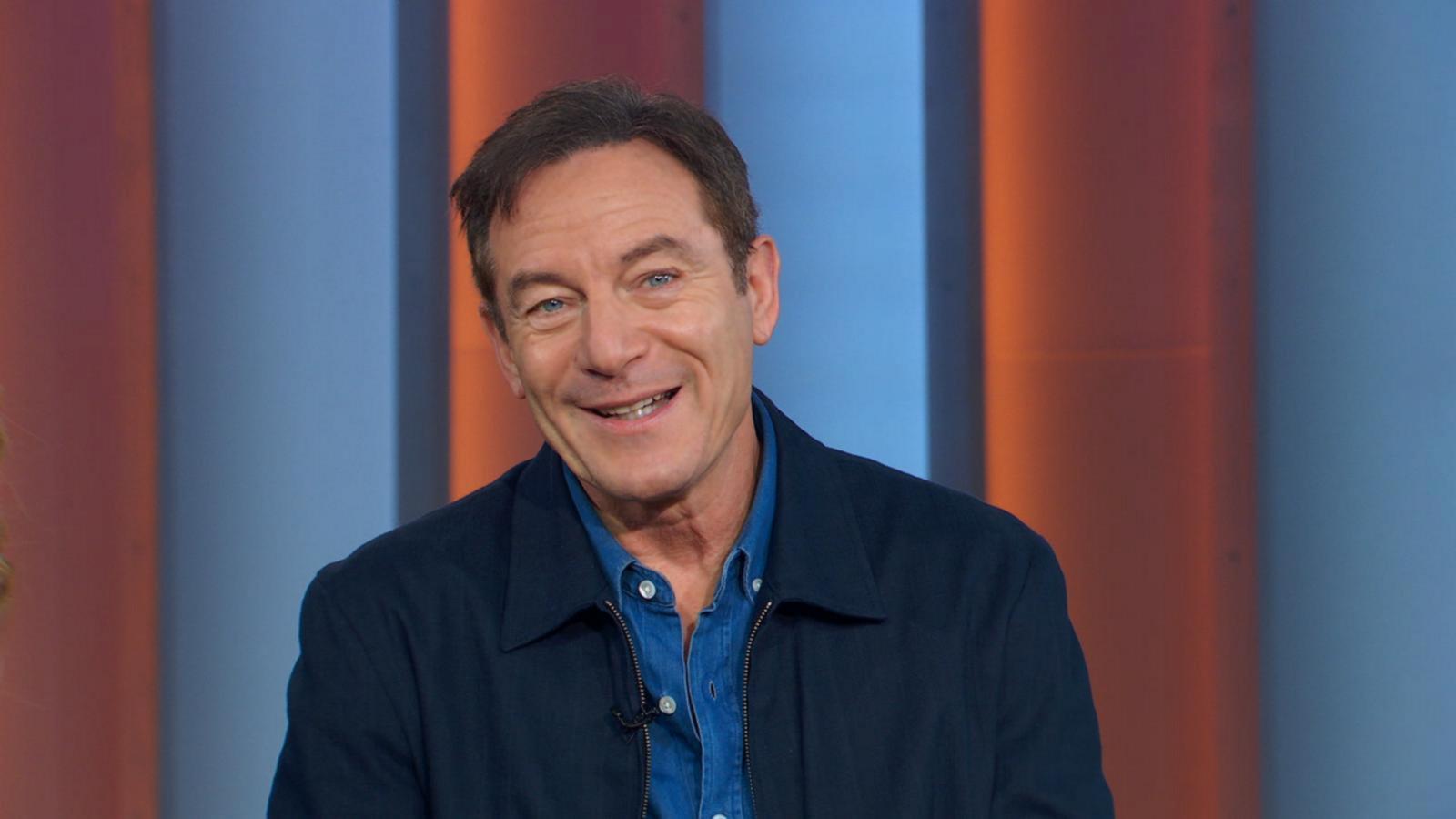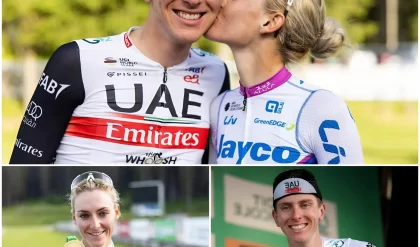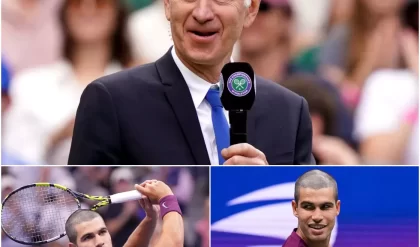Jason Isaacs Defends Paapa Essiedu Against Harry Potter Casting Backlash
The wizarding world of Harry Potter is no stranger to passionate debates, but the recent casting of Paapa Essiedu as Severus Snape in HBO’s upcoming television series has sparked a firestorm of controversy. Jason Isaacs, beloved for his portrayal of Lucius Malfoy in the original Harry Potter films, has stepped into the fray with a powerful defense of Essiedu, calling out critics with a bold and unflinching stance. Speaking at FanExpo Denver, Isaacs didn’t hold back, addressing the wave of online criticism aimed at Essiedu’s casting with a direct accusation: “I’ve seen some people online who are being rude about him. What they’re being is racist.” His words have ignited discussions across social media, drawing both support and pushback from fans of the iconic franchise.

The announcement in April 2025 that Paapa Essiedu, a Black British actor known for his standout performances in I May Destroy You and The Lazarus Project, would take on the role of Severus Snape sent ripples through the Harry Potter fandom. Snape, originally portrayed by the late Alan Rickman, is one of the series’ most complex and cherished characters. For many, Rickman’s portrayal defined the Potions Master’s brooding intensity, making any new interpretation a daunting prospect. Yet, Essiedu’s casting has drawn criticism not just for stepping into Rickman’s shoes but for diverging from the character’s description in J.K. Rowling’s books. Some fans have argued that Essiedu’s appearance doesn’t align with Snape’s pale, hook-nosed depiction in the source material, while others have taken issue with a Black actor taking on a role traditionally seen as white.

Isaacs, who has long been a vocal supporter of the Harry Potter universe, didn’t mince words when addressing these critiques. During his panel, as reported by Collider, he praised Essiedu’s talent, declaring, “Paapa Essiedu is one of the best actors I’ve ever seen in my life.” He expressed confidence that the naysayers would be proven wrong, adding, “They will be swallowing their tongues, hopefully — you know, their digital tongues — when they see what [Paapa] does on screen.” His comments cut through the noise, framing much of the backlash as rooted in racism rather than legitimate casting concerns. This isn’t the first time the Harry Potter franchise has faced such debates. The casting of Black actress Noma Dumezweni as Hermione in the stage play Harry Potter and the Cursed Child sparked similar discussions, with some fans questioning the departure from the books’ descriptions.
The controversy surrounding Essiedu’s casting isn’t just about appearances. Some fans have expressed skepticism about how a Black Snape might alter the character’s backstory, particularly his experience of being bullied by Harry’s father and his unrequited love for Lily Potter. However, others argue that this casting choice could deepen the narrative, bringing fresh perspectives to Snape’s outsider status and emotional complexity. Essiedu, a classically trained actor with a resume that includes acclaimed performances in Hamlet and King Lear, is no stranger to tackling layered roles. His ability to convey vulnerability and intensity makes him a compelling choice for Snape, a character defined by his inner turmoil and hidden loyalties.

Beyond the casting debate, Essiedu’s involvement in the series has also drawn attention due to his public support for transgender rights, which contrasts with J.K. Rowling’s controversial stance on the issue. Rowling, an executive producer on the HBO series, has faced criticism for her views, with many fans and actors distancing themselves from her rhetoric. Essiedu was among hundreds of film and television professionals who signed an open letter in 2025 condemning a UK Supreme Court ruling on transgender rights. Rowling responded to speculation about Essiedu’s casting, stating on X, “I don’t have the power to sack an actor from the series and I wouldn’t exercise it if I did. I don’t believe in taking away people’s jobs or livelihoods because they hold legally protected beliefs that differ from mine.” Her statement aimed to quell rumors but did little to dampen the broader conversation about the series’ direction.
Isaacs, for his part, has also navigated the delicate balance of supporting the Harry Potter legacy while acknowledging its complexities. He has publicly expressed support for transgender rights and admitted to not understanding Rowling’s online persona, yet he remains a champion of the franchise. His enthusiasm for the HBO series extends beyond Essiedu’s casting. Isaacs praised the entire ensemble, which includes John Lithgow as Albus Dumbledore, Janet McTeer as Minerva McGonagall, and Nick Frost as Rubeus Hagrid. He also celebrated the casting of Johnny Flynn as the new Lucius Malfoy, a role Isaacs himself originated. In an Instagram video, he called Flynn “a fantastic actor, a lovely man, and, irritatingly, a rather brilliant musician too,” humorously adding, “Couldn’t have handed the snake-topped baton on to anyone better. Just please don’t make him sing.”

The HBO series, set to begin filming in summer 2025 at Warner Bros. Studios Leavesden, promises a faithful adaptation of Rowling’s seven novels, with each season covering one book. This ambitious approach, backed by producer David Heyman, who worked on the original films, aims to explore the source material in greater depth than the movies allowed. Isaacs echoed this sentiment, noting, “The show is being made by the same people who made the films, and they’re just taking the time to make each book into a whole season — and it’s going to be great.” The extended format offers an opportunity to flesh out characters like Snape, whose nuanced arc was condensed in the films.
While some fans remain skeptical, others have rallied behind Essiedu and Isaacs. Social media posts have highlighted the excitement around Essiedu’s casting, with one X user writing, “He was cast because he’s a very talented actor. There’s absolutely no reason to believe Snape being Black will ruin the immersion and the meaning of the story.” Another fan countered the backlash, stating, “These actors are merely playing a part, and sometimes, someone like Paapa gets cast simply because they’re that gifted at doing their job, not because the color of their skin is the right shade.” These sentiments reflect a growing push within the fandom to embrace a more inclusive vision of the wizarding world.
The debate over Essiedu’s casting underscores broader questions about representation and fidelity in adaptations. The Harry Potter series has always been about outsiders finding their place, and casting choices that reflect a diverse world can enhance that message. Essiedu himself seems undeterred by the criticism, expressing his enthusiasm in an April Instagram post: “An honor and a privilege to be going on this journey with these legends. We shall eat, and we shall leave no crumbs. See you at Hogwarts.” His confidence, paired with Isaacs’ unwavering support, sets the stage for a performance that could redefine Snape for a new generation.
As the HBO series inches closer to its expected 2027 premiere, the spotlight remains on Essiedu and the talented ensemble bringing Hogwarts back to life. Isaacs’ bold defense has not only amplified the conversation but also challenged fans to confront their biases. Whether critics will indeed “swallow their digital tongues” remains to be seen, but one thing is clear: Paapa Essiedu’s Snape is poised to make a powerful impact, and Jason Isaacs is ready to cheer him on every step of the way.





